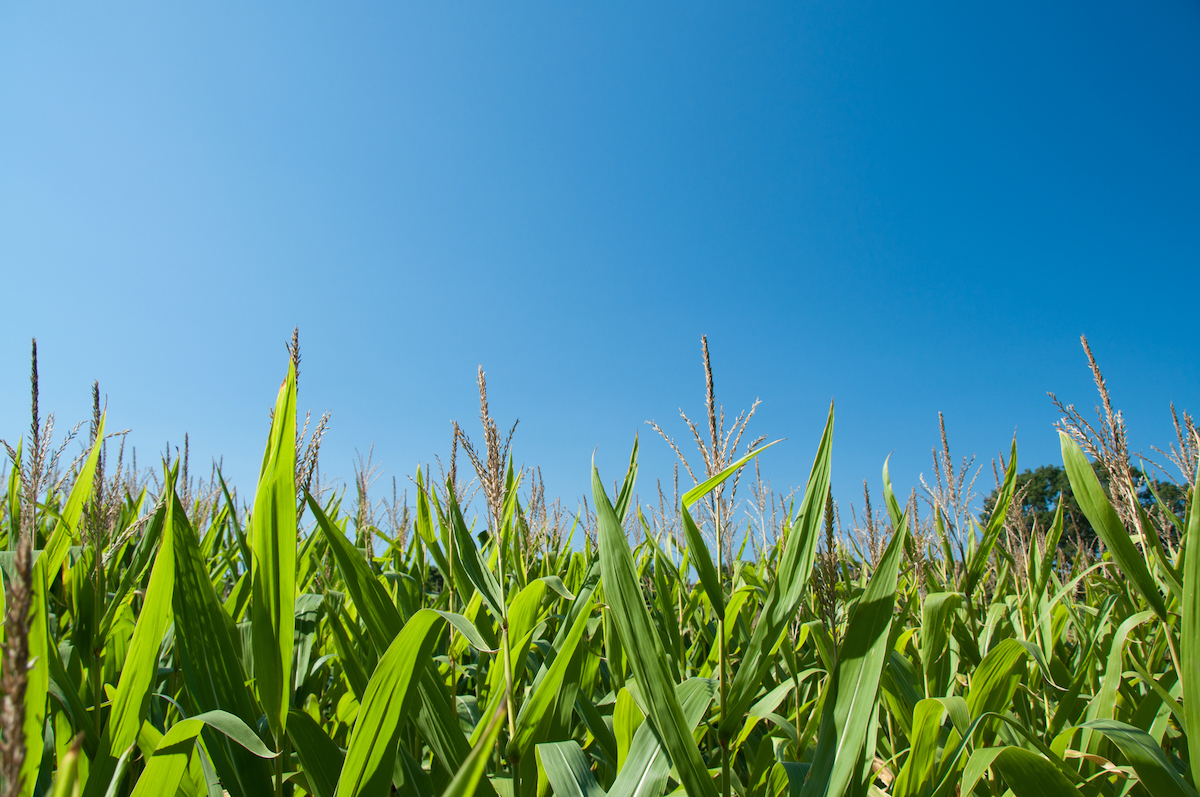Panel discussion: Genome editing for crop improvement

Debat
Online
Activiteit in het kader van het Standpunt
Since the ruling of the Court of Justice of the EU of 2018, which placed genome-edited crops under the Genetically Modified Organisms (GMO) legislation, the scientific community has passionately debated the future of these new breeding techniques.
A new report by KVAB and ALLEA presents the state of the art of scientific evidence in the field and explores paths to harmonise EU legislation with recent scientific developments, while particularly considering relevant ethical and societal considerations.
The report summarises the discussions between scientific experts, policy-makers and civil-society organisations at a public symposium Genome Editing for Crop Improvement held in Brussels in November 2019, where ALLEA and the Royal Flemish Academy of Belgium for Science and the Arts KVAB invited relevant stakeholders and the interested public to assess and discuss the impact of the ruling on present research and developments in genome editing for plant breeding.
During this digital panel discussion, conclusions and recommendations from the report were be discussed.
Key takeaways:
- European legislation should follow the features of the plant, rather than the technique used to generate it, to determine its regulatory status.
- Targeted genome edits, which do not add foreign DNA, do not present any other health or environmental danger than plants obtained through classical breeding techniques, and are as safe or dangerous as the latter.
- Continued legislative and policy restrictions may hamper the selection of more productive, diverse, and climate-resilient crops with a reduced environmental footprint.
- The length and cost of the authorisation process makes it, except for major industrial players, hardly possible to bring into culture and commercialise plants developed with new biotechnological breeding techniques.
- To enhance sustainability and to reduce the usage of chemicals, access is needed to the most advanced technologies enabling the improvement of existing varietal heritage and increasing the ability to respond to new challenges of changing environments. These new technologies may contribute to a reduction of the environmental footprint of agriculture.
- An open, honest dialogue with all stakeholders, including the public, is needed in the decision-making processes for introducing genome-edited products into the market, ensuring that the implications of market introduction are accurately communicated.

